Interview #15
THE MAN WHO FLIPPED THE TABLE ON FARM-TO-TABLE DINING
Dan barber
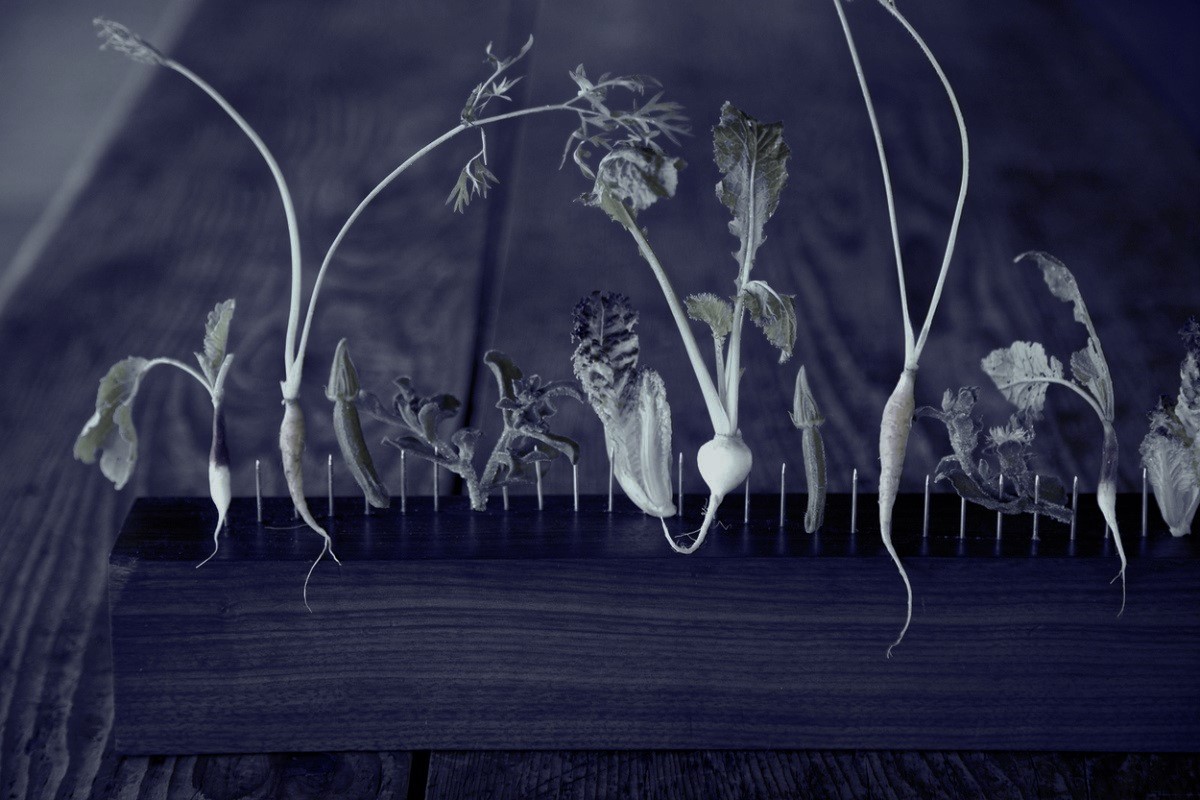
Written by RMM
Photos by Dan Barber
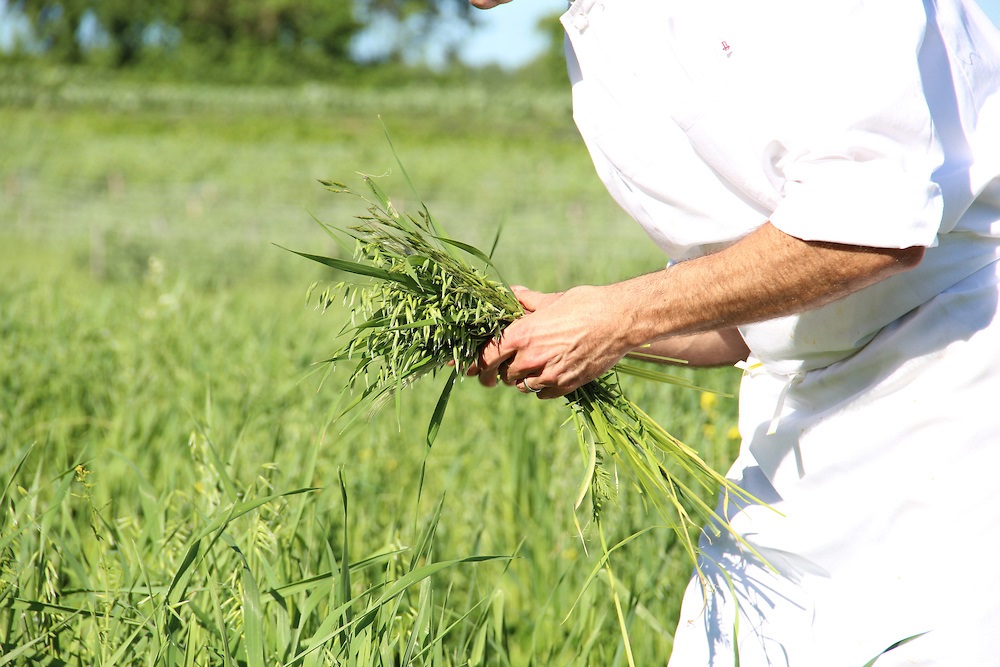
Mention Dan Barber to any self-respecting foodie and you’ll hear glowing reviews about his exquisite cuisine at his two restaurants, Blue Hill and Blue Hill at Stone Barns. While his culinary genius is unmistakable, it is Barber’s unwavering curiosity and research on food and farming that is perhaps, the most impressive thing about him. Barber counts multiple James Beard awards amongst his many accolades, and is a prolific author on many food and agricultural policies that have been published by the New York Times, Gourmet, The Nation, Saveur and Food & Wine as well.
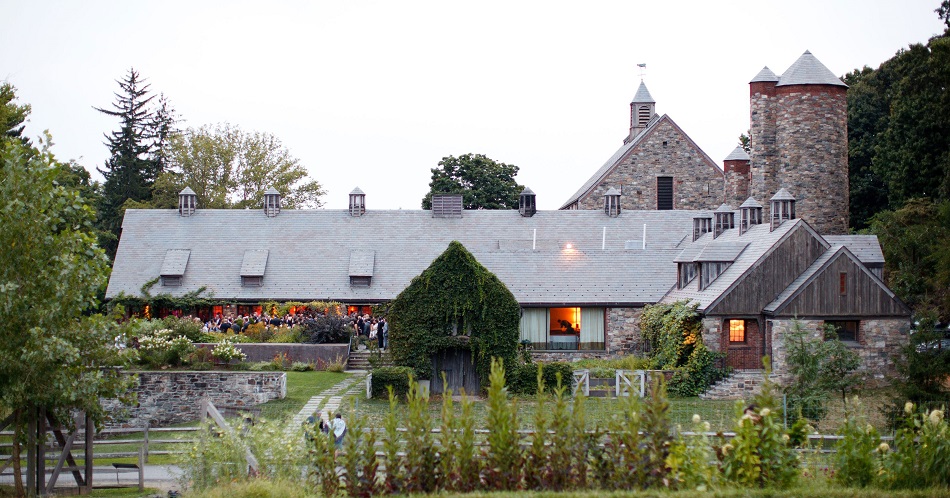
Blue Hill Farm
The chef was recently featured in Netflix’s mouthwatering documentary series Chef’s Table. In his episode, Barber extolled the virtues of farm-to-table dining. However, this is not the social movement that we know of, where people know where their food comes from and who grows what. In his many interviews and articles, Barber highlights the problem with typical “farm-to-table” eating –
we only cherry-pick the best produce from the top of the farm and rarely look at the entirety of the farm. We waste and we want not.
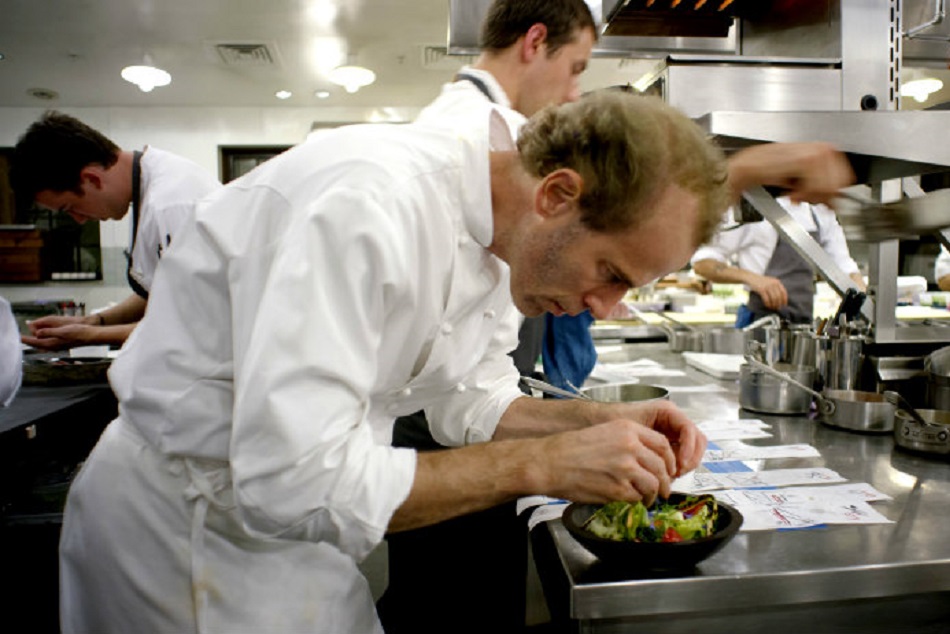
Dan Barber in Chef’s Table
In 2015, Barber decided to shake things up a bit, creating a pop-up restaurant called wastED. He transformed his family’s Greenwich Village restaurant Blue Hill and invited chefs, farmers, fishermen and even designers to rethink how “waste” can be reused throughout the food chain.
RMM speaks to him on how design thinking and creativity can help revolutionise the way we consume food.
RMM: You studied Political Science and English in college — has that influenced your journey as a chef?
Dan Barber (DB): Back then, it felt like a very separate thing. I studied and then on the side I started a supper club because I wanted to cook. (It was only after a scholarship fell through at the end of my senior year that I decided to try cooking professionally.) But I see more of a connection now. This industry gives you the opportunities to tell stories—stories about how food is grown and the people and policies behind it. You’re at the intersection of so many different fields.
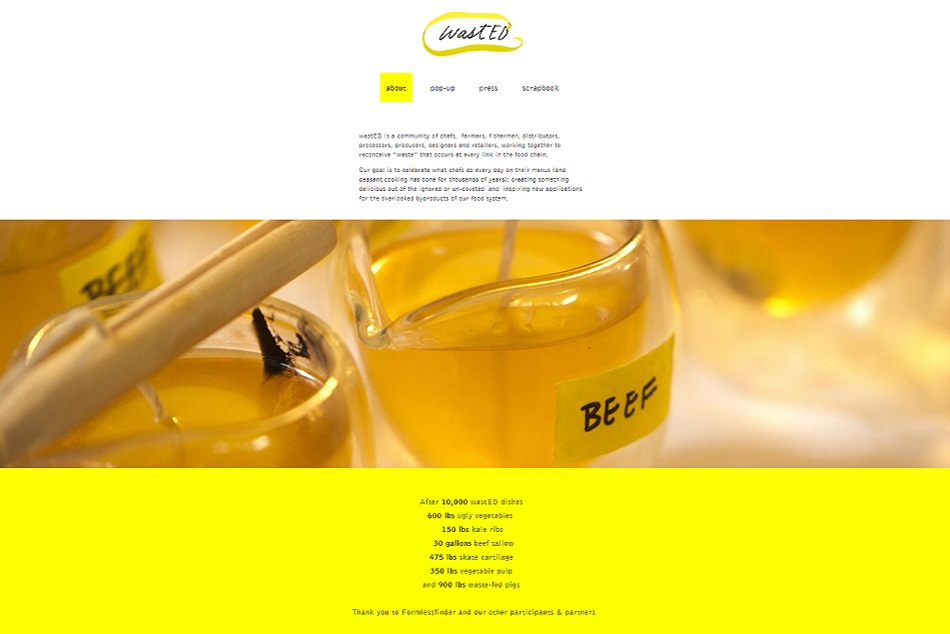
www.wastedny.com
RMM: Restaurant-goers and savvy foodies aside, how can the lessons from events like wastED become more accessible to the less well-off, who arguably are especially in need of affordable, nutritious and better tasting food?
DB:The idea of using culinary technique to elevate “lowly” ingredients doesn’t belong to high-end cuisine—exactly the opposite. Most the world’s great food cultures are based on utilizing what is not immediately coveted. Peasant cooks learned to make the most complete and flavorful use of their ingredients, because they didn’t have the luxury of throwing food away. Unfortunately, many of those traditions and techniques have been lost (which is why a project like wastED exists in the first place). But they are at the foundation of all nutritious and delicious food.
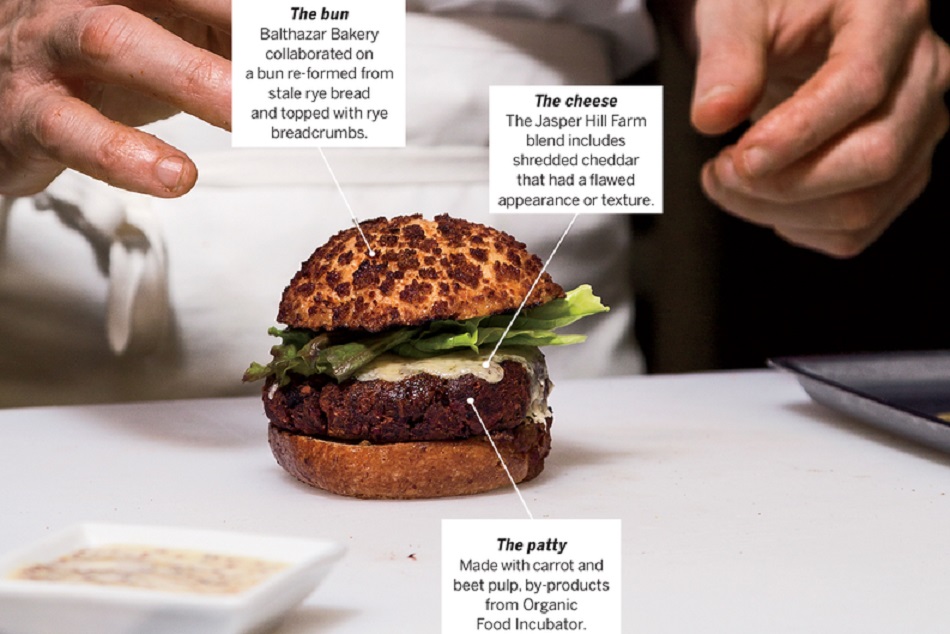
wastED recipe: the juice pulp cheeseburger, adapted
RMM: People who live in metropolises and large cities inevitably find it easier to visit a supermarket rather than a farmer’s market or a farm. How can urban home cooks be convinced to start moving towards a culture of cooking and eating, which supports their ‘local’ food system?
DB: That’s one role for the chef to play. With people increasingly removed from where their food comes from, restaurants are poised to become places to explore and raise a consciousness about those kinds of connections—the relationship between a plate of food and the landscape that produced it. We’ve already seen the success of this through the farm-to-table movement, with chefs popularizing certain ingredients in a way that trickled down to home kitchens. I think we can still do more on the culinary end to create a real culture around the right kind of food.
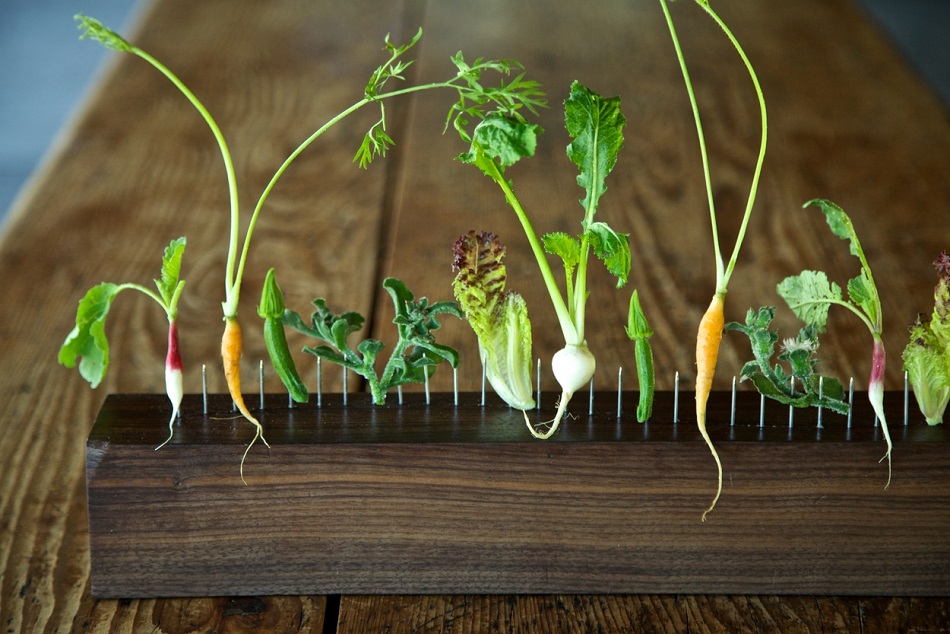
RMM: You often work together with plant breeders to develop new organic crops that emphasize flavor. What goes into creating a new vegetable or grain variety? What is the collaboration like?
DB: The process unfolds over several years and multiple generations of field trials—often in unexpected ways. But it always begins with a conversation: What if we could do X? Sometimes, the goal is pretty general: can we concentrate the flavor and beta-carotene content in a winter squash? And other times, we are thinking about a specific culinary application. But it’s never a novelty project. The breeders are also selecting for things like yield, disease resistance, and locality, which make these varieties viable for the farmer.
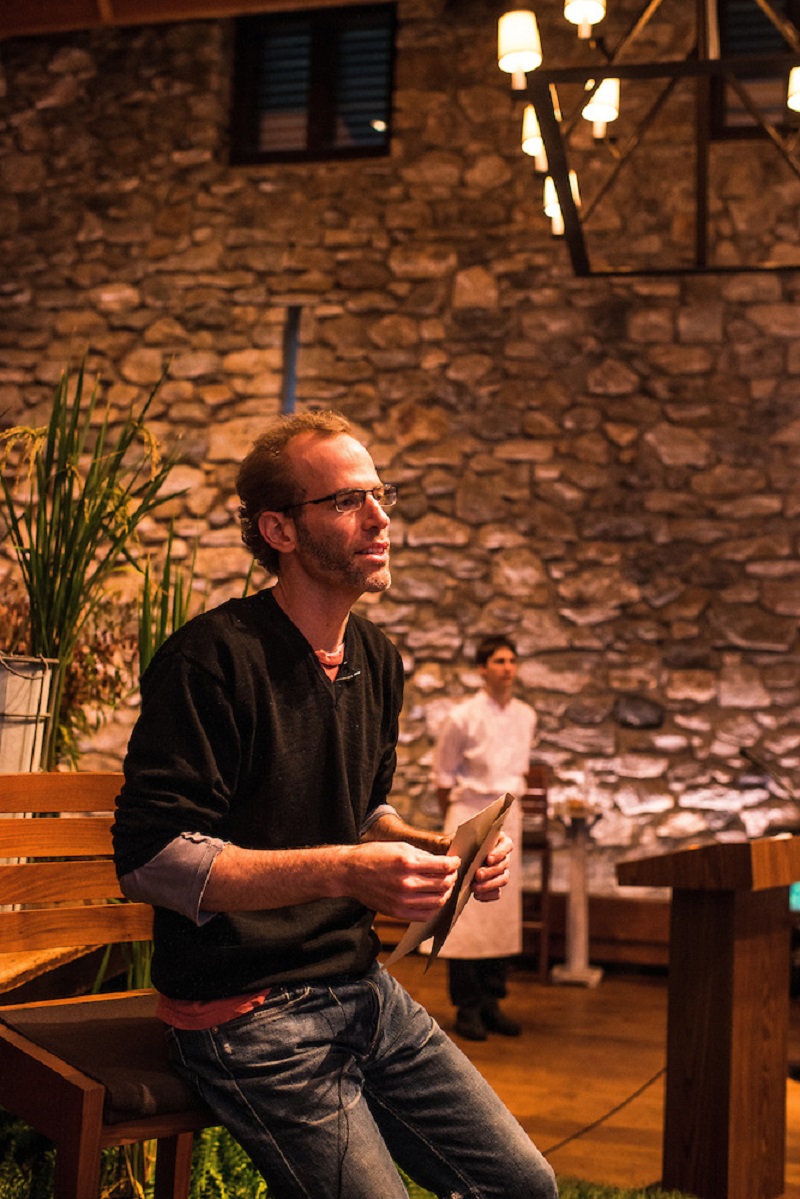
The Third Plate by Dan Barber
RMM: What would you like to grow, and develop a recipe from, next?
DB: Last year a soba master came to visit the restaurant and brought with him a very rare and delicious variety of buckwheat from Japan. We’re growing out the seed this year, so I am dreaming of soba noodles.
RMM: What’s something you’ve recently eaten that really excited you?
DB: “Tree-fermented” apples. In February, we worked with a Hudson Valley apple grower to harvest about 500 pounds of overwintered Fuji apples—fruit that was overlooked during harvest and then managed to naturally ferment on the branch. They’re supple and juicy, like cooked apples, and they smell like Calvados.
RMM: Finally, if there is one dish that completely encapsulates your philosophy towards food, what will it be?
DB: I guess it would depend on the time of year. But right now, the cooks are prepping a batch of “parsnip steaks.” The parsnips were planted nearly a year ago, and when they came out of the ground they were huge and incredibly sweet from the winter frost. We age them in beef fat for 30 days, then roast them like steaks and serve them with some braised beef shank and Bordelaise sauce. It’s the iconic steak dinner, inverted.
Blue Hill Farm's official website: www.bluehillfarm.com
wastED 's official website: www.wastedny.com


